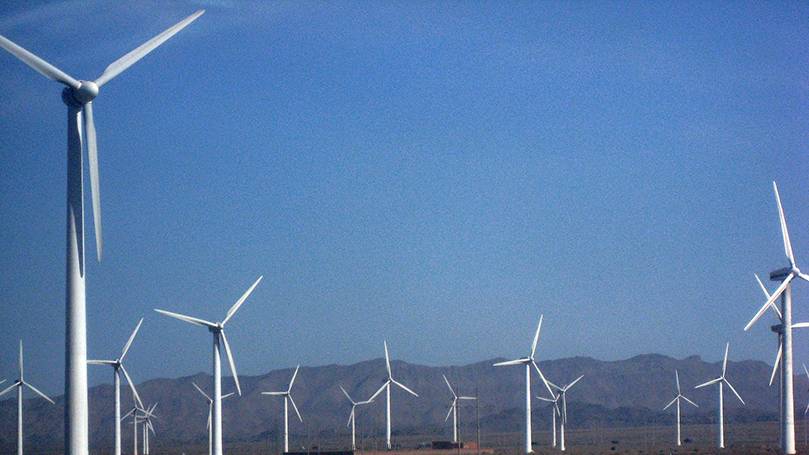
In a former career, a coworker of mine worked as a commercial fisherman in Northern California. He spoke how as certain fish populations were being driven to extinction, state and federal agencies came in to begin to limit how many pounds that could be caught, and in what times of the year they could work. He said this had the predictable effect of causing him and some of his colleagues to lose their jobs.
I begin my contribution with that story to set up what I think are the problems in drawing these connections between fighting for socialism, stopping the destruction of the environment, and the working class. In those moments when government agencies forced fishing restrictions on them, all they could think of were their jobs, their families, their housing.
My coworker could only appreciate the devastation done to the ecosystem when he was elsewhere employed.
This is not a belittling of any part of the working class, but an appreciation of the existential crises they face and how we can face it in turn.
I bet my coworker, while he might have been indifferent to the fish populations of Northern California, would be totally sympathetic to the organizing at Standing Rock or Mauna Kea or the removal of nuclear weapons from northern Scotland. As former House Speaker, Tip O’Neil, was fond of saying, “all politics is local.”
We have correctly endorsed the Green New Deal as a Party, but its advocacy should come from the bottom-up, rather than the top-down. In other words, it’s the jobs.
Much is made about the building of high-speed rail and investing in much more urban mass transit and sustainable communities. What is less talked about are all the jobs that make this canvass come into reality.
When we think of Hollywood, we think of actors. We think of professional sports, and we think of the playing court. When I was a high school counselor with a student load off 99% students of color, many of the boys wanted to be NBA players. Some girls wanted to be famous actors. I broke down the bleak 1/1 million statistic of any of them reaching that one goal by telling them of the wide variety of associated professional jobs that make a Hollywood studio, or the NBA, the thing that it is. Coaches, physical therapists, scriptwriters, talent agents, studio technicians, etc.
The Green New Deal is not only meant to be a sea-change in our impact on the natural world, but it must be exhaustively unpacked to the working class for the 21st-century workforce it will require. It must be a goal post not only for them but as a tool to guide the rising generations in their communities.
We’ll need architects to design not only sustainable communities, but we’ll need imaginative and radical ones who might conceive and design collective neighborhoods, where things like cooking spaces and laundry facilities are shared.
We’ll need engineers to design those high-speed trains, but we’ll also need land and environmental-impact scientists to chart the best course for these trains, And who will have the best idea how to re-purpose all those combustible-engine cars that must become obsolete?
There is so much actual work to be done, and this means real jobs.
If the Party, labor federations, and various labor councils get out in front of this as a labor issue, this will ensure labor has a voice, if not the leading role, in these paradigm shifts, where workers and communities are center; the environment a beneficiary, and capitalist structures like corporate power are pushed to the margins.
But for reasons of the post-war history, the labor federations are probably the least prepared to seize this moment. Due to the purge and silencing of radical voices within the labor movement (with some notable exceptions), the Green New Deal risks creating greater swathes of the underpaid working poor and unemployed. The Communist Party, its friends and members, must really stick their necks out within the unions to assert the historic role of the working class, which is not to sit on our doorsteps waiting for the corporate Democrats to signal us into action.
Inevitably, as we reach certain goals of the Green New Deal, it will become further evident we need to go farther, and can do so. We cannot live in our minority number in the global North exploiting and hording disproportionate parts of the world’s resources. These further paradigm-shifts will take more radical ideas and radical technicians to design newer plans. The current capitalist infrastructure cannot lead this.


 Join Now
Join Now